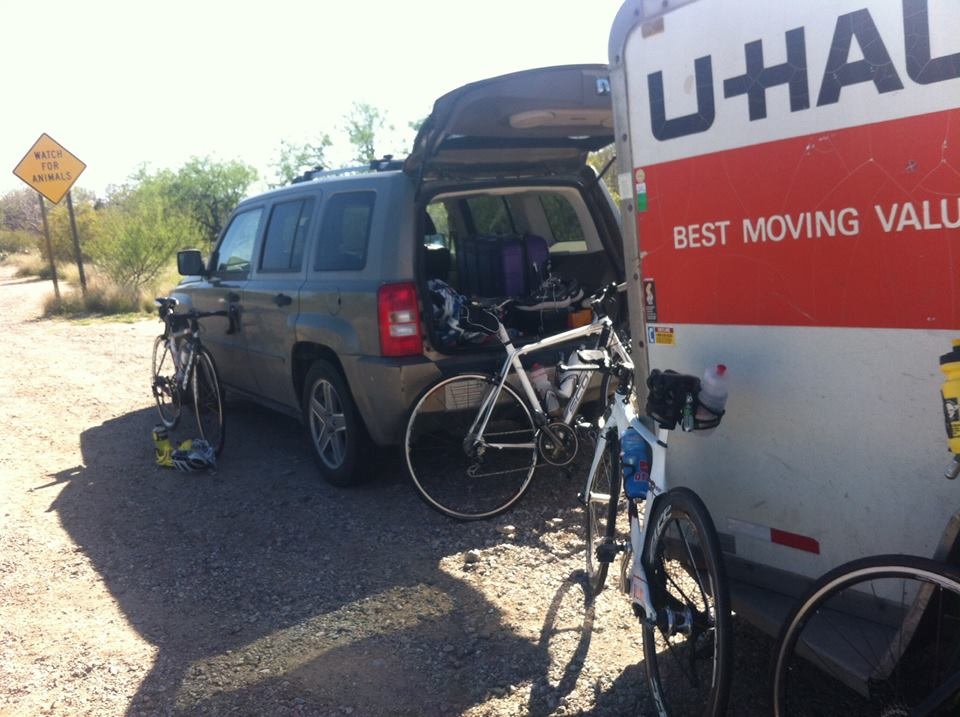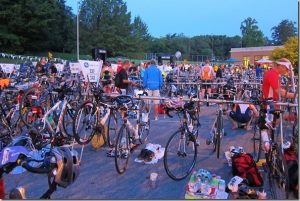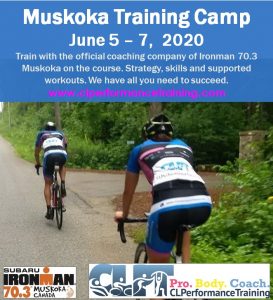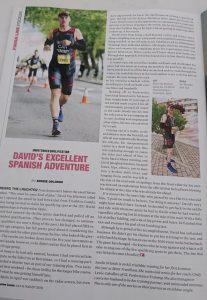by Heather Noble, RD
- Pack lots of snacks!
We tend to snack on foods that are not as healthy when we are unprepared, when we have skipped a meal, or have limited food options. These are more likely to happen in unfamiliar places such as airports, or on the road. Planning is everything!
Here are some suggestions for easy snacks great for packing for long journeys:
- Whole or dried fruit (apples, mangoes)
- Nuts, or trail mix
- Roasted chickpeas and/or lentils
- Whole grain crackers with small container of hummus, or sliced cheese
- Cheese strings
- No-bake energy bites (make with oats, peanut/nut butter)
- Washed vegetables (baby carrots, sugar snap peas, broccoli, cherry tomatoes)
- Avoid caffeine and other caffeinated beverages/foods (energy drinks, tea, coffee, sodas, caffeinated-chocolate bars) at least 4 hours before going to sleep.
Try your best to stick to your destination sleep schedule prior to and during travel days. Add your destination time zone in your phone or on your watch a couple days before travelling to start getting used to any time differences. Caffeine can interfere greatly with your sleep schedule, so make sure you avoid any caffeine at least 4 hours before you plan on going before bed. Make sure you prioritize sleep before your trip to make sure you are well rested before travelling. Bring ear plugs and eye shades for sleeping on the plane, and wear comfortable clothes.
- Stay well hydrated.
Depending on the length of your flight, carry 2 or 3 water bottles with you to fill up right before getting on the plane. Choose an aisle seat so that you can get up and down from your seat easily to go to the bathroom and stretch your legs. Water is the best choice- by eating normal balanced meals, you should be getting enough electrolytes and nutrients from your food.
- Try and match your in-flight meals on your destination schedule.
To help minimize jet lag symptoms, try and eat meals (if they can be ordered on the plane) at appropriate meal times that match your destination schedule. Set timers on your phone or plan out a schedule to help you remember when to eat. Try and eat something small even if you are not hungry until your body gets used to these time changes.
- Practice good hand hygiene.
COVID or not COVID- always make you practice good hand hygiene and food safety. Wipe down commonly used areas such as the seat belt handle and food tray before use with a disinfectant wipe. Always wash your hands or use hand sanitizer before and after eating.
- Make a stop at the grocery store when you arrive at your destination.
This will allow you to buy fresh fruits and vegetables and other high-quality foods. If possible, make sure your accommodation has proper food storage (fridge, freezer, mini-fridge, cooking appliances). If you do not have access to a full kitchen, consider buying and/or bringing foods that are easy to prepare. For example: couscous, instant rice, nuts and seeds, canned tuna, peanut/nut butter, whole wheat bread or whole wheat wraps/tortillas, granola bars, oats, etc.
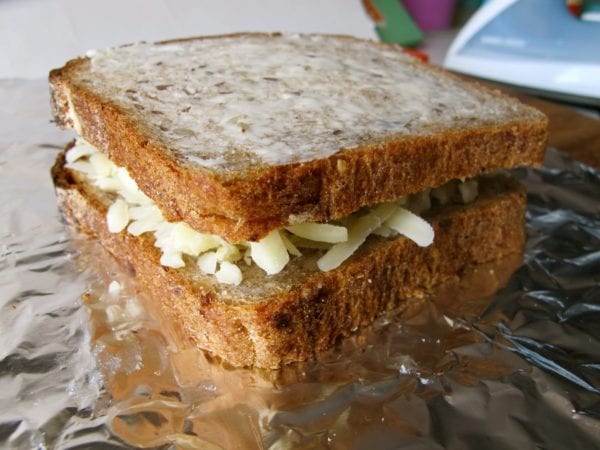
- Eat familiar foods.
Save exploring different types of foods and cultural foods for after your event or race. We do not know how our bodies will react to different foods and we do not want to upset our gastrointestinal system close to race day.
- Choose healthier options at restaurants and pit-stops.
Stopping at restaurants and gas stations may be unavoidable while travelling. Aim to choose sandwiches with whole grains, extra vegetables, and lean meat that is grilled, steamed, broiled or baked, instead of fried or deep fried or highly processed. Foods to choose less often would be: french fries, fried foods, pastries, pies, sweets and other candies. The closer to get to race day, the more emphasis we want on eating high quality foods (lots of fruits and vegetables, complex carbohydrates, foods high in fiber, lean protein, and healthy fats)
- Here are some ideas for preparing food in your hotel room:
- Cook instant oatmeal in microwave or coffee maker (add some peanut butter, honey, nuts, fruit etc. for toppings)
- Make quesadillas or grilled sandwiches (wrapped in tin foil) with an iron
- Make baked potatoes or sweet potatoes in the microwave (peel and slice into small pieces before microwaving) for 6-7 mins.
- Buy cans of soup and reheat in the microwave.
- Buy a fruit or veggie tray to have ready-to-eat in the hotel.
- Try toaster sleeves for making grilled cheese or grilled sandwiches in a toaster.
- Plan your meals ahead of time.
Having a meal plan and race nutrition plan ahead of time can make a world of a difference. Work with a Registered Sports Dietitian to help create a meal plan leading up to a competition or race!
